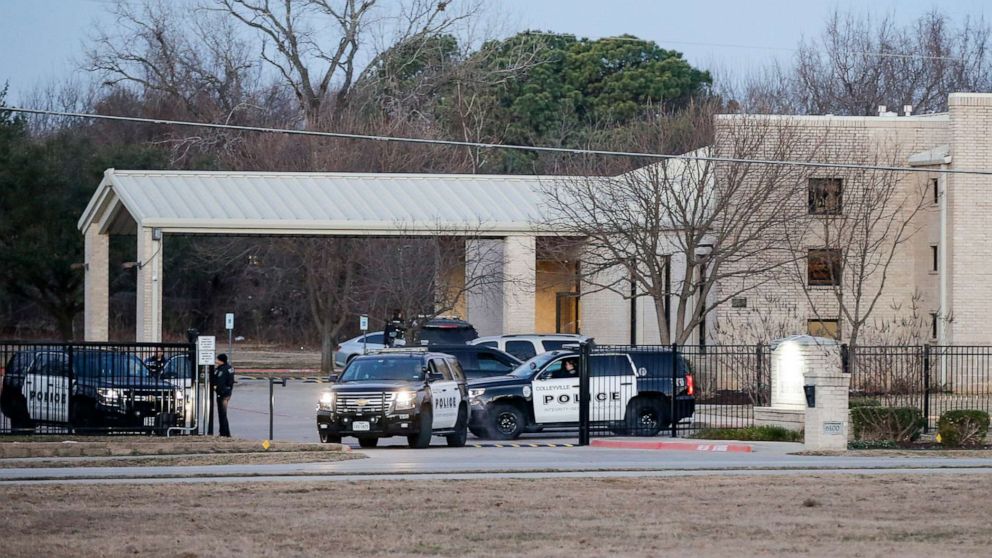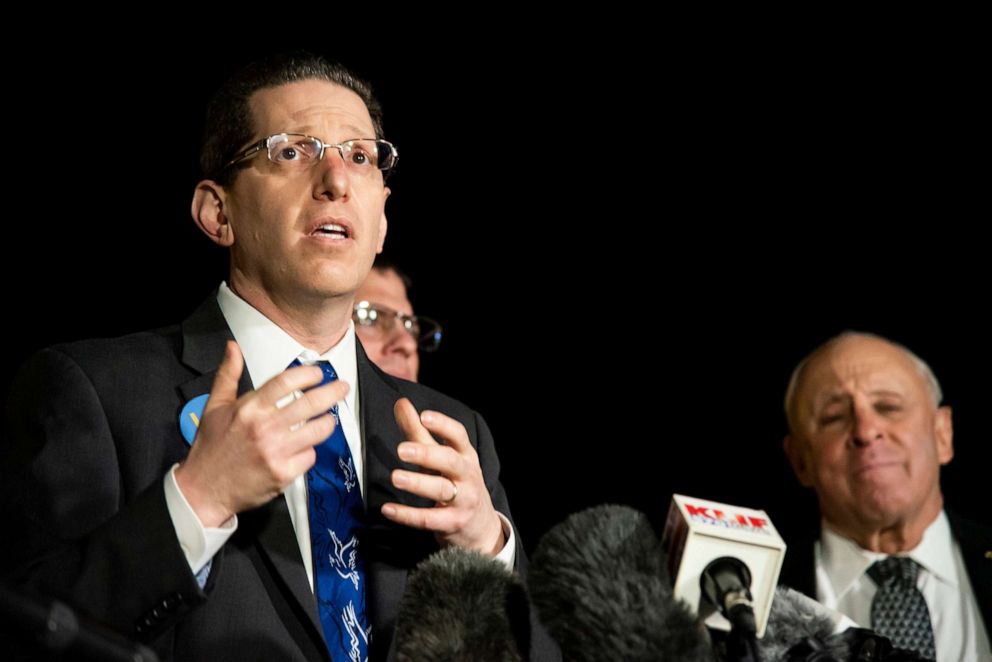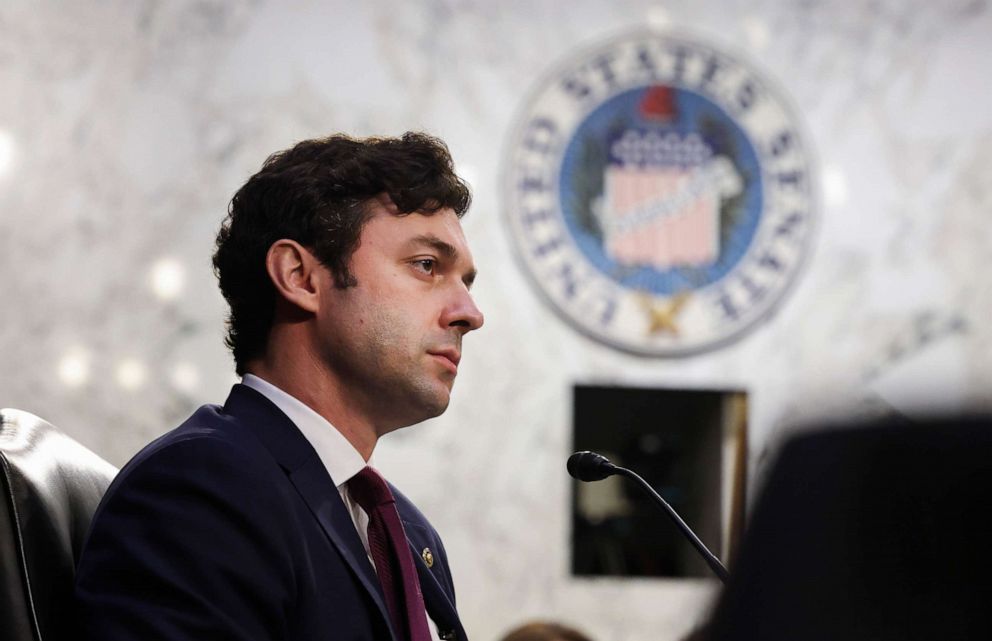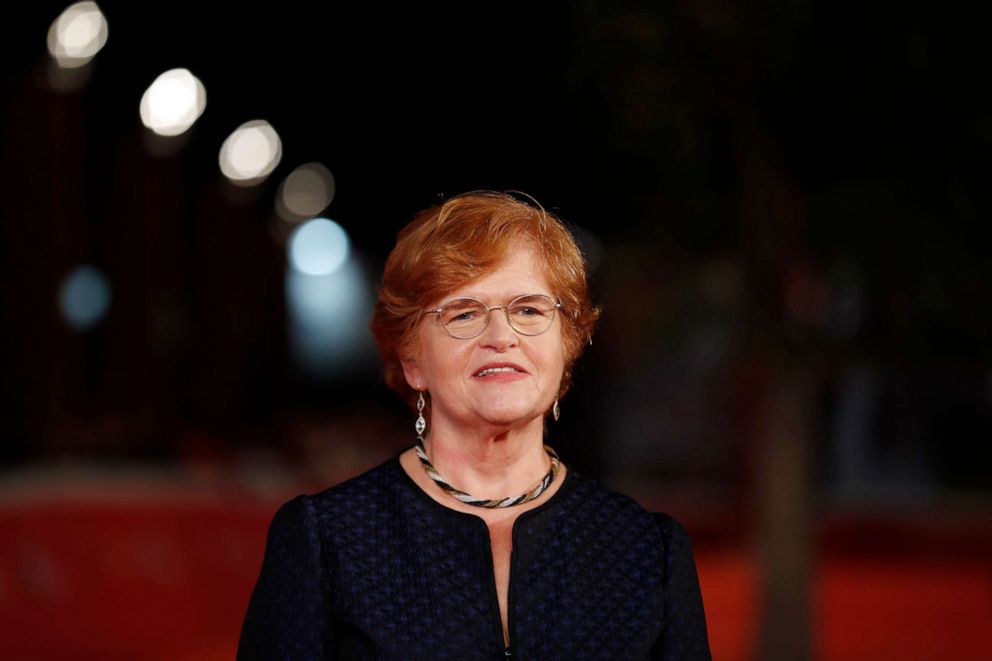American Jewish groups, leaders send support to a Texas synagogue after hostage situation--and look to what comes next
"We are a Jewish people," one leader said of support across Jewish movements.
Some American Jews found out right when reports of a hostage situation at a synagogue started to spread. Others saw the news alerts as they logged back online when Shabbat, the Jewish sabbath, concluded at sundown on Saturday.
Reactions poured in at lightning speed, with some Jewish organizations calling for solidarity, psalms and prayers; and others getting in touch with the local community and with law enforcement as they hoped for a peaceful resolution.
Those prayers would be answered: many hours after a British national took Rabbi Charlie Cytron-Walker and other congregants hostage in Congregation Beth Israel, a synagogue in Colleyville, Texas, law enforcement stormed the synagogue, killing the assailant and the hostages escaped.
In the days afterwards, tributes to Rabbi Cytron-Walker and the congregation poured in, as well as messages of support for a community reeling from a near-tragedy.

Anna Salton Eisen, a congregant at Congregation Beth Israel, told ABC News' Linsey Davis that the intensity and immediacy of support from the broader community has "astounded" her.
"I feel like the outcome of support really changed how I feel. I think I feel safer now," she said.
"People have asked me, are you more afraid? No, because I've seen from the local community, and law enforcement, up to the governor... in a crisis, people are going to be there for us."
As more of the dust settles, American Jewish organizations are looking at how they can support the Colleyville community -- and what needs to be done next, both in Colleyville and the broader American Jewish community.
Andrew Rehfeld, president of the Hebrew Union College-Jewish Institute of Religion (HUC-JIR) seminary, Ohio, praised Cytron-Walker for his leadership in a letter shared on Sunday. Cytron-Walker was ordained by the seminary in 2006, according to Congregation Beth Israel's website.
"We held our collective breath over Shabbat… A sense of relief came over us as the horror came to a blessed end, the tangible presence of the Divine revealed," Rehfeld wrote in a letter on Sunday.
In an interview with ABC News on Monday, Rehfeld said that any Jewish leader could be a "potential target" as Cytron-Walker was.
"How they respond in that is a reflection of their courage, their perseverance, their strength, and Rabbi Cytron-Walker really represented the very best of what we hope for, from our HUC graduates--and for any Jewish leader," Rehfeld said.
Rabbi Rick Jacobs, the president of the Union for Reform Judaism, a group that oversees Reform Movement congregations in the United States, told ABC News that Rabbi Cytron-Walker was well known in interfaith and multicultural circles as a "bridge builder" who had strong relations with Muslim, Christian and other faith communities.
And that is "why nobody had to be told, you know, 'this is a terrible trauma. We have to support our brother, Rabbi Cytron-Walker and his remarkable congregation, Congregation Beth Israel.' They just knew, they felt it immediately," Jacobs said.

Jacobs said the URJ had been in touch with the Jewish community of Colleyville "many times" since the incident. "And the key is, what do they need? They're going through this unbelievable trauma," he said.
But he knows that the Jews of Colleyville are finding ways to heal: "[On Monday] night, they had a healing service for the community, for their congregation, but also [for] the wider community."
Solidarity and support for Colleyville -- as well as calls for action -- came across different spheres of the American Jewish community.
The Orthodox Union, a national group that oversees a network of institutions affiliated with the Modern Orthodox and Orthodox Jewish movements, wrote in a statement on Sunday: "We are grateful first to the Almighty who provided strength and courage to the hostages and wisdom and patience to the law enforcement officers who responded to the crisis."
The group said it will, through its advocacy arm, advocate for more federal funding for synagogue security.
Rehfeld told ABC News that "without a doubt," different denominations of Judaism were responding strongly to what had happened in Colleyville.
"When an attack on any one of us happens, we're not Reform, or Orthodox or Conservative," he said, referencing the three major denominations of American Jewry.
"We are a Jewish people."

High-profile Jewish leaders, including lawmakers, also lent their voices in solidarity.
Sen. Jon Ossoff, D-Ga., was among them, writing on Sunday that he had spoken with Jewish leaders in Georgia and the Atlanta FBI field office on Sunday to help the Jewish community with security concerns.
"This weekend's attack on Congregation Beth Israel in Colleyville, Texas, has shaken the Jewish community in Georgia and nationwide. As we have throughout our history, Jews refuse to be intimidated by cowardly anti-Semitic attacks," Ossoff wrote.
"We join our fellow Americans of all faiths and ethnicities to defy hatred and deepen our commitments to tolerance, mutual respect, freedom of religion, and peaceful co-existence."
Deborah Lipstadt, a historian at Emory University who is the Biden administration's nominee to be State Department Special Envoy to Monitor and Combat Antisemitism, looked back at synagogues as a space of refuge in an essay in the New York Times published Tuesday.

"Jews have long thought of their synagogues as both a place to pray and a place to find community… It is not radical to say that going to services, whether to converse with God or with the neighbors you see only once a week, should not be an act of courage. And yet this weekend we were once again reminded that it can be precisely that," Lipstadt wrote.
Lipstadt's nomination as Special Envoy is being held up in the Senate, among many other Biden administration nominees, although the events in Colleyville have led to some renewed calls for her confirmation.
Those calling for the Senate to confirm her include Jacobs.
"It just feels beyond anyone's understanding how anyone could pause and not vote immediately ... to have her in an official position, helping to lead the U.S. government's response, feels like oh, my gosh, what could be more obvious," Jacobs said.



